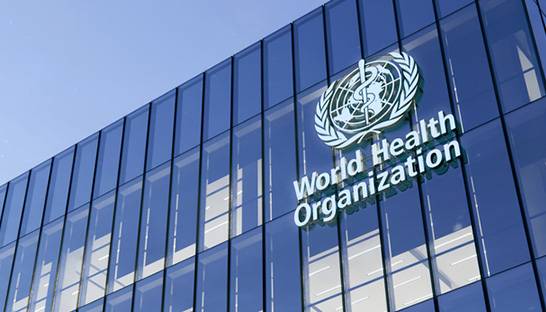The World Health Organization (WHO) has urgently convened an Emergency Committee to address a severe escalation in mpox cases originating from the Democratic Republic of Congo (DRC). WHO Director-General Tedros Adhanom Ghebreyesus announced the decision on Wednesday, highlighting the alarming spread of the virus, which has now reached neighboring countries.
Since September, the DRC has reported nearly 27,000 mpox cases, resulting in approximately 1,100 deaths, many of whom are children. This surge has been attributed to a particularly virulent strain of the virus. The outbreak’s expansion into Burundi, Kenya, Rwanda, and Uganda has prompted the WHO to consider whether it constitutes a Public Health Emergency of International Concern (PHEIC), the highest level of alert.
“The spread of mpox beyond the DRC, and its potential for further international transmission, necessitates immediate action,” Ghebreyesus stated in a social media post. The Emergency Committee will assess the situation and advise the WHO on the appropriate response.
Mpox, also known as monkeypox, is predominantly transmitted through sexual contact and is notably prevalent among men who have sex with men. This year, the Africa Centres for Disease Control and Prevention reported mpox in ten African nations, with the DRC accounting for over 96 percent of cases. The number of cases has surged by 160 percent, and deaths have increased by 19 percent, with a distressing majority of deaths occurring among children under 15.
The WHO had previously declared mpox a global emergency in 2022 after its spread to over 70 countries. While vaccines have mitigated the threat in affluent nations, inadequate access in poorer regions has hindered eradication efforts and exposed global health vulnerabilities.
Maria Van Kerkhove, WHO’s outbreak department lead, emphasized the urgency of the situation, stating, “The time [to act] is now.” As global public health faces significant challenges, the quest for universal health equity remains a critical focus.


















